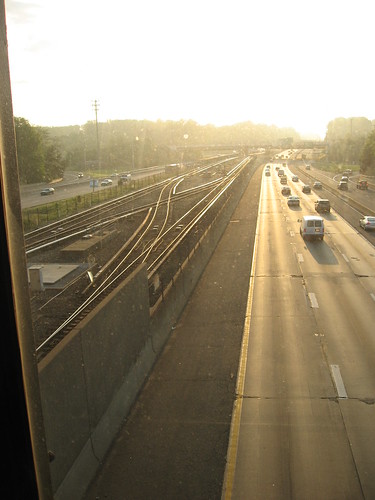So my gas-powered lawnmower finally died. Regardless of how many times I pulled the cord, it wouldn't start. After 12 seasons of heavy use, I wasn't surprised. It had been a good lawnmower and its time was up.
As I began looking for a new one, the pragmatic side of me took hold. I decided to buy a 40-volt battery-operated Greenworks mower. But before passing judgment on me, thinking that I've gone green, think again.
I truly believe that the days of the internal combustion engine are becoming obsolete. The internal combustion engine requires a tremendous amount of maintenance: oil changes, spark plug and air filter replacement, just to name a few. And all those moving parts from pounding pistons and pinging valves.
The battery lawnmower on the other hand requires little maintenance except charging the battery and sharpening the blade. There's only one moving part, the rotor, which turns the shaft. In other words, no oil, no gas ... just pure battery. Now when I need to mow, I just push a button.
There are a few drawbacks to the battery mower and, admittedly, the technology is still in
its infancy. For example, one downside is its 40-minute battery life. However,
that's a simple fix. I just take out the battery and plug it into the charger. Meanwhile, I take a break and sip on a cold glass of
lemonade, watch some TV, and talk with the wife. Voila! In about an hour, I put the battery back in the mower and continue
on my journey.
Another drawback is lack of sturdiness. The battery lawnmower, while being lightweight, is kind of flimsy as opposed to its more mainstream counterpart. Even though it has a metal deck, everything else is kind of plastic. It's like switching from a 1966 Pontiac GTO classic muscle car to an electric Toyota Prius. Another drawback is the price. The technology is still new and expensive, but as time passes, I believe the price will go down.
Another drawback is lack of sturdiness. The battery lawnmower, while being lightweight, is kind of flimsy as opposed to its more mainstream counterpart. Even though it has a metal deck, everything else is kind of plastic. It's like switching from a 1966 Pontiac GTO classic muscle car to an electric Toyota Prius. Another drawback is the price. The technology is still new and expensive, but as time passes, I believe the price will go down.
So what do I think about this new lawn care contraption? The battery lawnmower had no problem plowing through six inches of grass, and I enjoy its light weight maneuverability. For now, this pragmatic pineapple is moving away from the soon-to-be-obsolete internal combustion engine. So while my neighbors may be laughing at me, I'm just saying I'm not going green. I'm going for purely simple and maintenance free electric machinery.





